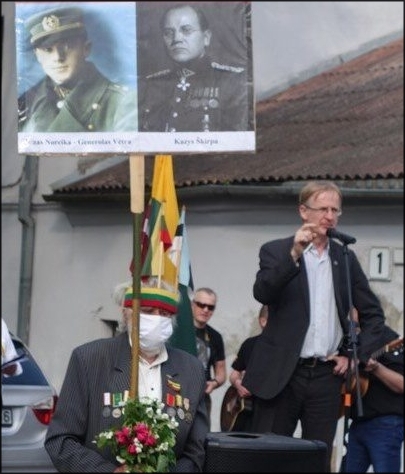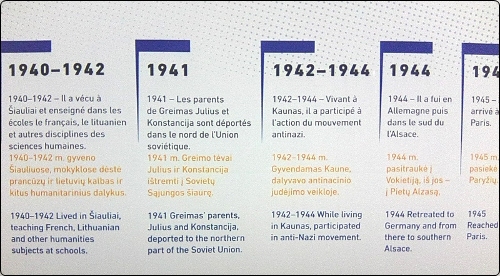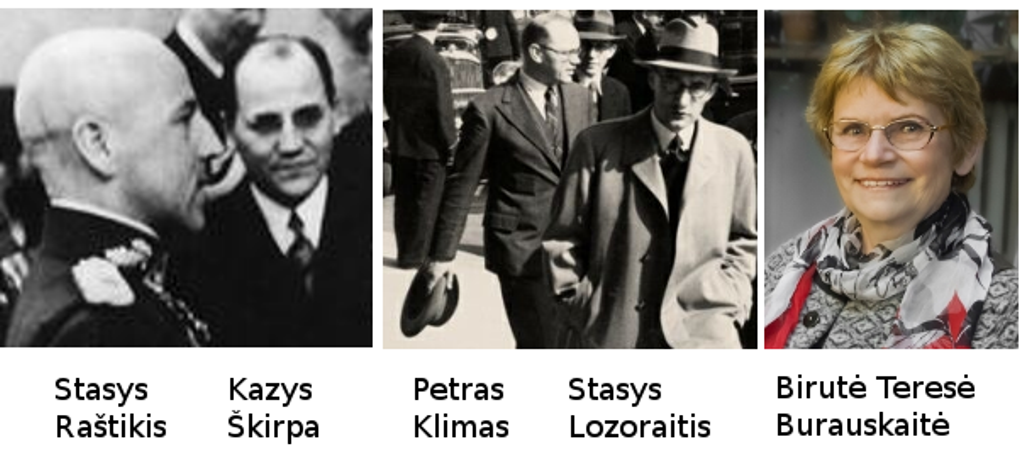FANIA YOCHELES BRANTSOVSKY | BLAMING THE VICTIMS | LITHUANIA | LITVAK AFFAIRS
◊
The following email blast with its links to online sites, forthcoming events in Vilnius, and at its end, a link to an old and an out-of-context defamatory video extract on youtube, has been widely recirculated this week. It comes on the heels of the state Jewish museum’s ill-conceived event legitimizing the director of the state-funded Genocide Center, an institution that champions glorification of collaborators, defamation of victims and history revisionism in the far-right spirit of East European ultranationalism. See also the shameful longtime position of the state-sponsored “Red-Brown Commission” and Defending History’s Fania Yocheles Brantsovsky Resource Page; Fania Brantsovsky section; summary of state prosecutors’ campaign of defamation; index of topics and videos posted at the time of her death, at age 102, last September, including a call for a formal state apology to her family and those of fellow Holocaust survivors who became heroes of the free world by escaping the Vilna Ghetto to join up with the anti-Nazi partisans in the forests of Lithuania. Fania’s last wish was for the “Jewish Partisan Fort” outside Vilnius to be restored and preserved for future generations. More on editor’s Facebook page (with discussion in the comments that follow).
[UPDATE OF 4 FEB. 2025: See now full translation of the text below, and further discussion on Dovid Katz’s Facebook page].











